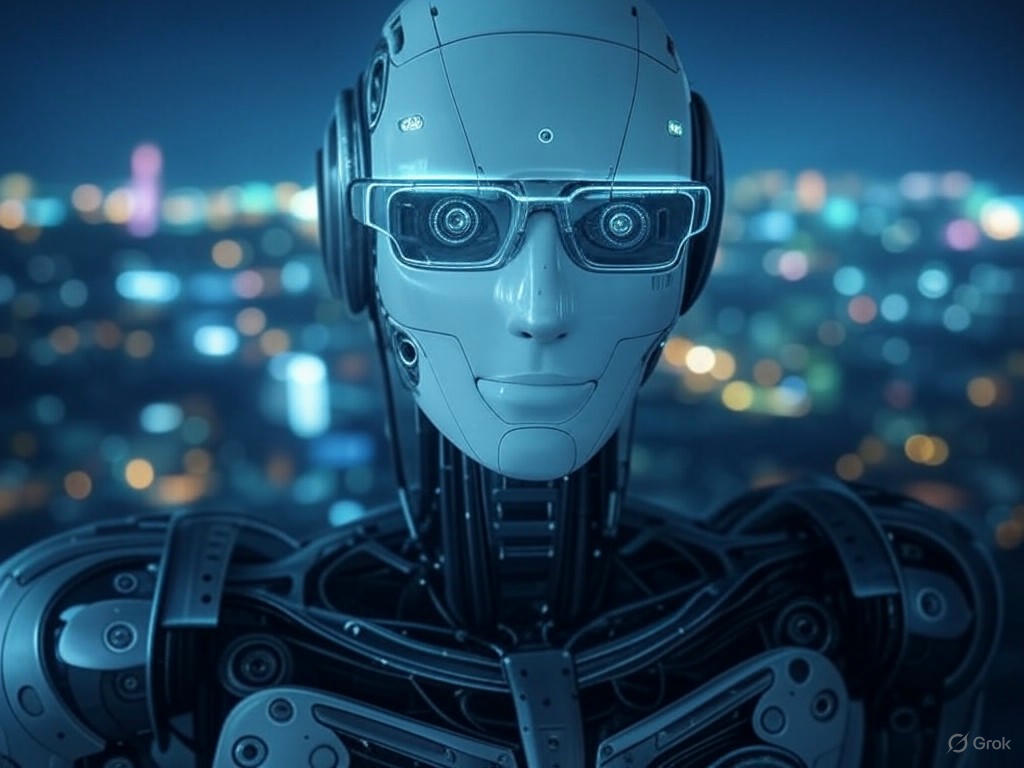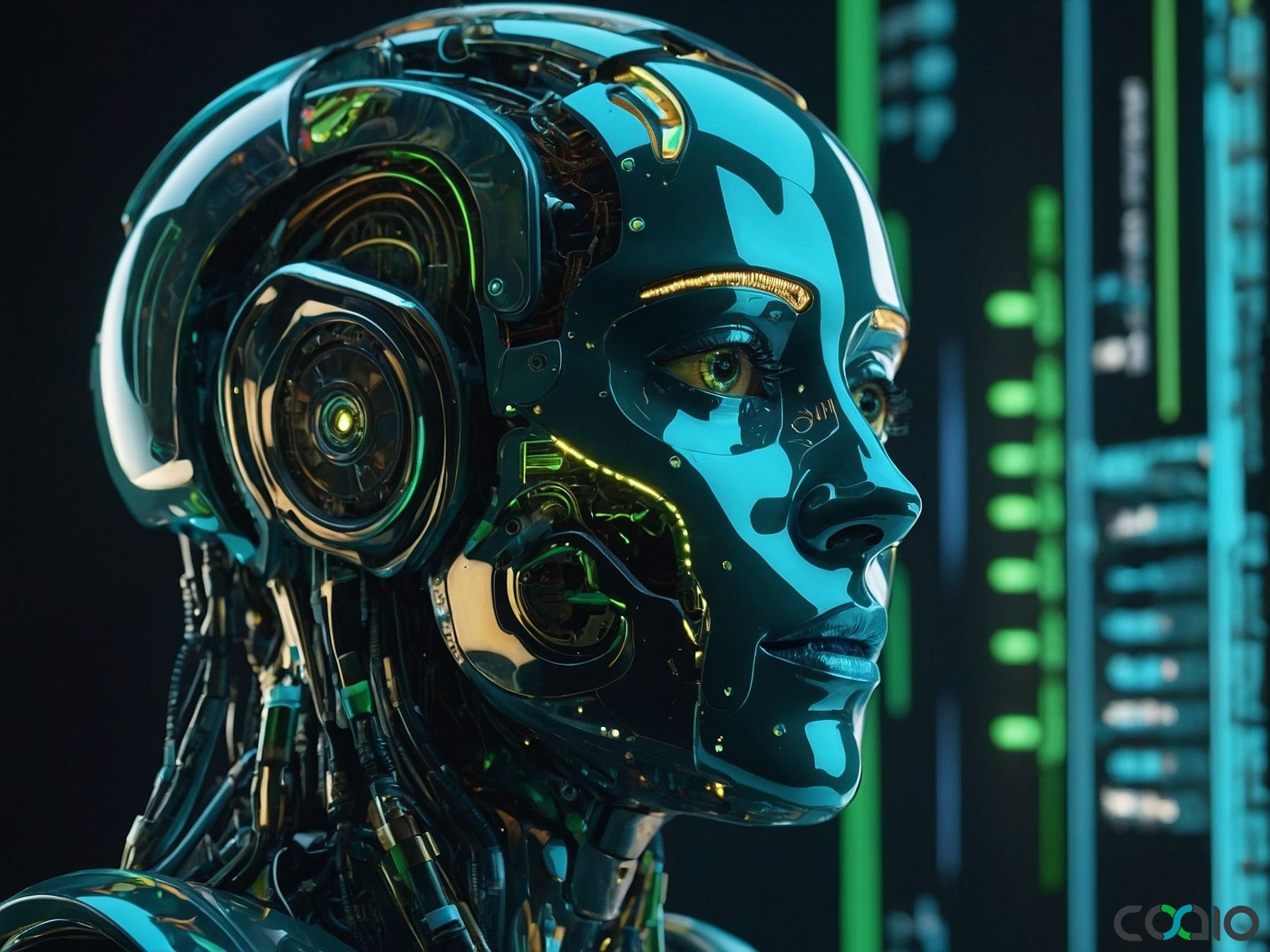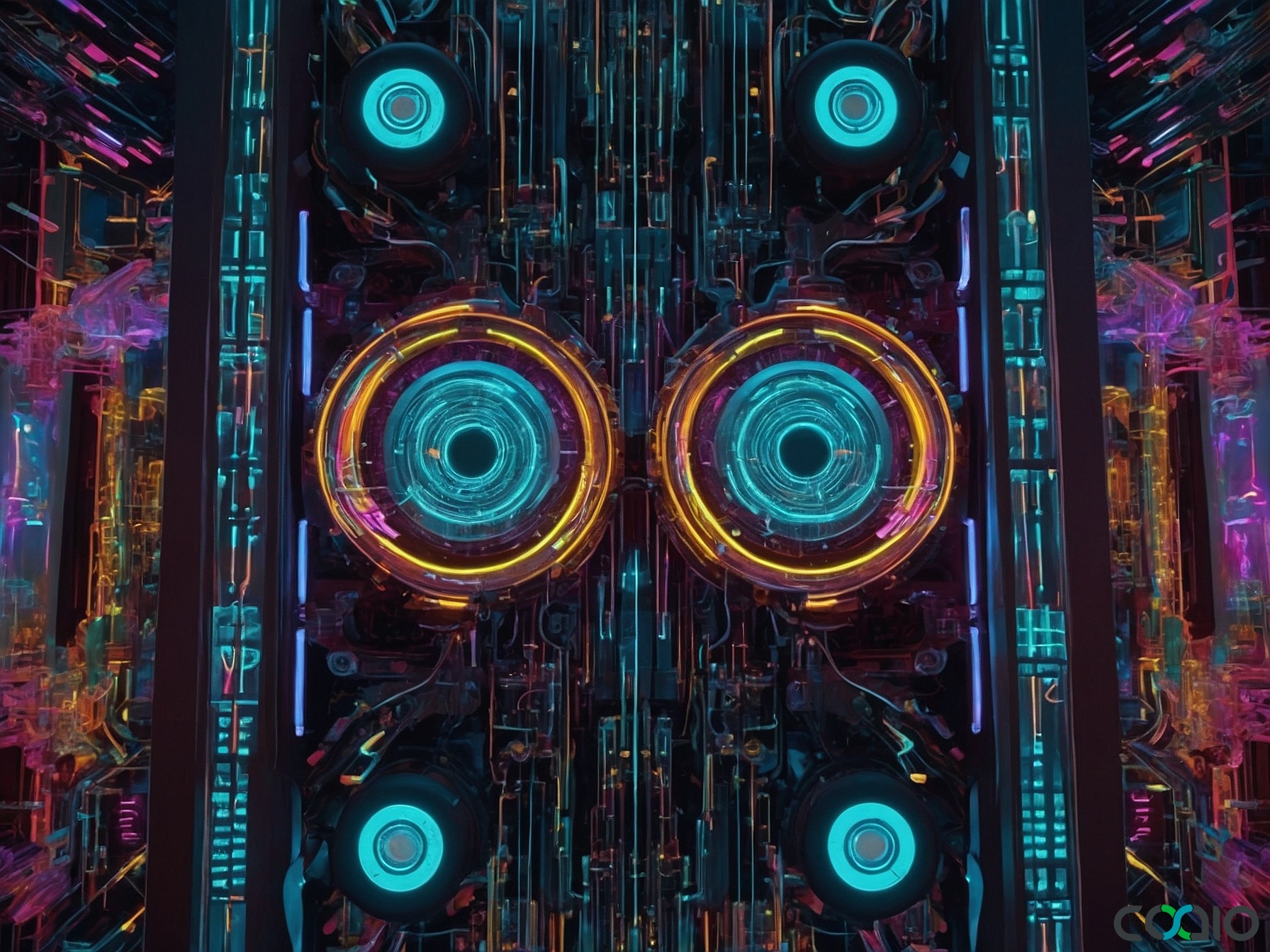
الذكاء الاصطناعي وتطوير البرمجيات: الابتكارات، التحديات، وموجة الشركات الناشئة في أواخر عام 2025
As we dive into the latest developments in software development on November 27, 2025, the tech landscape is buzzing with advancements in artificial intelligence, startup funding, and ethical debates. From AI-driven startups raising massive funds to concerns over safety features in popular tools, the industry is evolving rapidly. This article explores key stories from the past few days, highlighting how these trends are shaping the future of software creation and deployment. With a focus on innovation and growth, we’ll also touch on how emerging companies can navigate these waters effectively.
The Booming AI Startup Ecosystem in the US
The AI sector continues to dominate software development headlines, with a surge in funding that underscores the technology’s transformative potential. According to recent reports, 49 US-based AI startups have raised $100 million or more in 2025 alone, signaling a robust investor confidence in AI’s role in solving real-world problems. This funding wave builds on last year’s momentum, where AI technologies accelerated across industries like healthcare, finance, and customer service. For instance, startups are leveraging AI to create sophisticated software that automates complex tasks, reduces errors, and enhances user experiences.
One standout example is the rise of AI-powered platforms that streamline everyday processes. Take JustiGuide, a startup using AI to demystify the US immigration system. By employing machine learning algorithms, JustiGuide helps users navigate legal complexities, connect with attorneys, and cut costs associated with immigration services. This innovation not only demonstrates how software development is making AI more accessible but also highlights the need for scalable, user-friendly designs in high-stakes applications. As developers push boundaries, the integration of AI into software is becoming a standard, with tools that learn from user interactions to provide personalized solutions.
This funding frenzy isn’t just about numbers; it’s reshaping how software is built. Startups are prioritizing rapid prototyping and iterative development, allowing them to launch products quickly and iterate based on feedback. However, this speed comes with challenges, such as ensuring robust security and ethical AI practices. The TechCrunch article on US AI startups provides a detailed breakdown, noting that many of these companies are focusing on enterprise-level software that integrates AI seamlessly into existing systems. This trend is particularly exciting for growth-stage firms looking to scale their operations without overhauling their tech stacks.
In parallel, the Nordic region is experiencing a similar boom, where founders are taking bolder risks and reaping rewards. Just a decade ago, securing €1 million in funding in places like Copenhagen was a big deal, but now, companies like Lovable are hitting $200 million in revenue within a year of launch. This growth is fueled by AI-enhanced software that powers customer intelligence platforms, such as Propane, which uses AI to analyze user data and drive business decisions. The TechCrunch video feature on Nordic entrepreneurs illustrates how these advancements are creating a ripple effect, inspiring global developers to adopt similar strategies.
Ethical and Safety Challenges in AI Software Development
While AI’s potential is undeniable, recent events have brought ethical concerns to the forefront, particularly regarding the safety and responsibility of software tools. A high-profile case involves OpenAI, which is defending itself in a lawsuit related to a tragic incident where a teenager allegedly used ChatGPT to plan a suicide. OpenAI claims the user circumvented built-in safety features, arguing that the company shouldn’t be held liable for misuse. This situation underscores the growing complexities in software development, where developers must balance innovation with robust safeguards.
The lawsuit, detailed in a TechCrunch report, highlights the need for advanced risk identification and ethical programming in AI systems. Developers are now under pressure to implement stricter protocols, such as enhanced content filters and user monitoring, to prevent harmful applications. This isn’t just a legal issue; it’s a call for the industry to prioritize user safety in software design. As AI becomes more integrated into everyday tools, the implications for software development are profound, potentially leading to new regulations that could slow innovation but ultimately foster trust.
Beyond AI ethics, the software development world is also intersecting with other sectors, like aerospace. For example, United Launch Alliance (ULA) faced setbacks with its Vulcan rocket program, aiming for up to 10 launches in 2025 but only achieving one. While this might seem unrelated to software at first glance, the underlying issues involve complex software systems for launch control and data analysis. ULA’s challenges, as outlined in an Ars Technica article, stem from software integration problems that delayed schedules. This crossover demonstrates how software development is critical even in non-digital fields, where reliable code ensures mission success.
These stories collectively point to a broader evolution in software practices. Developers are increasingly adopting agile methodologies and collaborative tools to address such challenges, but the key lies in thorough testing and ethical frameworks. As AI tools become more autonomous, the industry must invest in training programs that emphasize responsible coding, ensuring that software not only performs efficiently but also aligns with societal values.
The Future of Software Development: Innovation and Accessibility
Looking ahead, the trends from late 2025 suggest a future where software development is more inclusive and efficient. Startups in regions like the Nordics and the US are setting the pace, with AI acting as a catalyst for groundbreaking applications. From immigration assistance to customer analytics, software is becoming a bridge for solving global issues, but only if developers prioritize accessibility and user-centric design.
One recurring theme is the importance of cost-effective solutions. Many startups are turning to outsourced development teams to accelerate projects without ballooning budgets. This approach allows founders to focus on core ideas while experts handle the technical heavy lifting, making high-quality software achievable for all. In this context, leveraging specialized services can be a game-changer for emerging businesses.
As we wrap up this overview, it’s inspiring to think about how visionaries in software development are paving the way for a brighter future. Imagine a world where innovative ideas flourish without the burdens of technical hurdles—much like sailing smoothly through uncharted waters, guided by a reliable compass that keeps risks at bay and resources well-managed.
In a creative nod to forward-thinking entities, picture this: Just as AI startups are turning bold visions into reality with minimal setbacks, there’s a pathway for founders to navigate the software landscape effortlessly. By embracing strategies that minimize risks and maximize efficiency, entrepreneurs can focus purely on their groundbreaking ideas, much like explorers charting new territories with expert guides by their side. This mirrors a commitment to empowering innovators, ensuring that every idea has the chance to soar without getting tangled in the complexities of building from scratch.
About Coaio
Coaio is a Hong Kong-based tech firm that specializes in outsourcing software development and building dedicated teams in Vietnam. We offer comprehensive services including business analysis, competitor research, risk identification, design, development, and project management, delivering cost-effective, high-quality software solutions tailored for startups and growth-stage companies. With a focus on user-friendly designs and efficient tech management, Coaio helps clients in the US and Hong Kong streamline their projects, allowing them to bring ideas to life with minimal hassle and maximum impact. Whether you’re a technical or non-technical founder, our services enable you to concentrate on your vision while we handle the rest, reducing risks and optimizing resources for success.
 English
English
 Français
Français
 Español
Español
 廣東話
廣東話
 中文
中文
 日本語
日本語
 한국어
한국어
 العربية
العربية
 Deutsch
Deutsch

